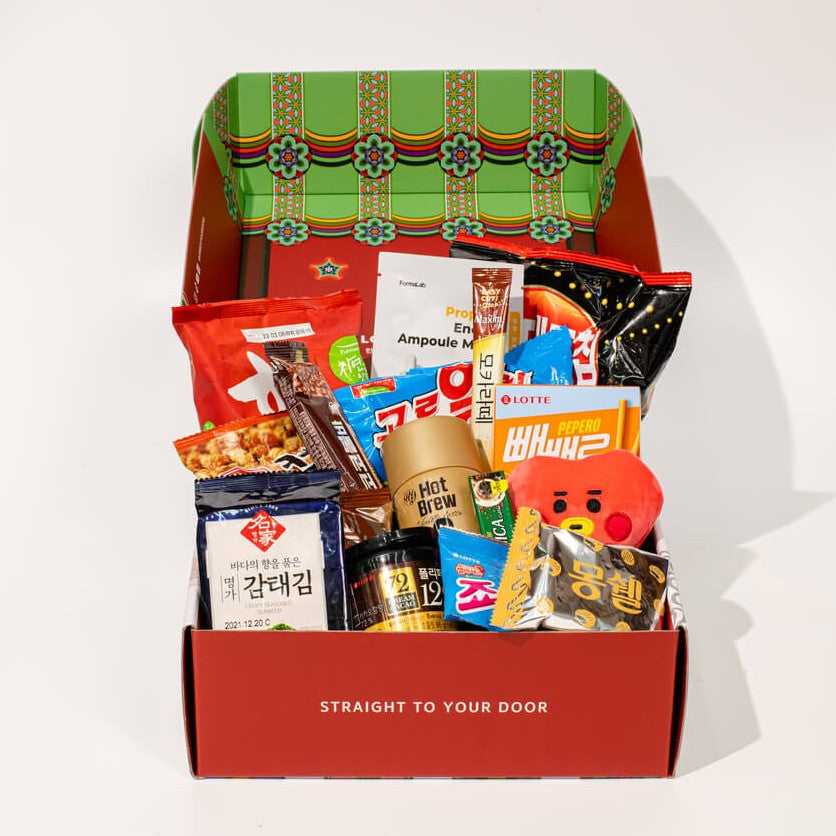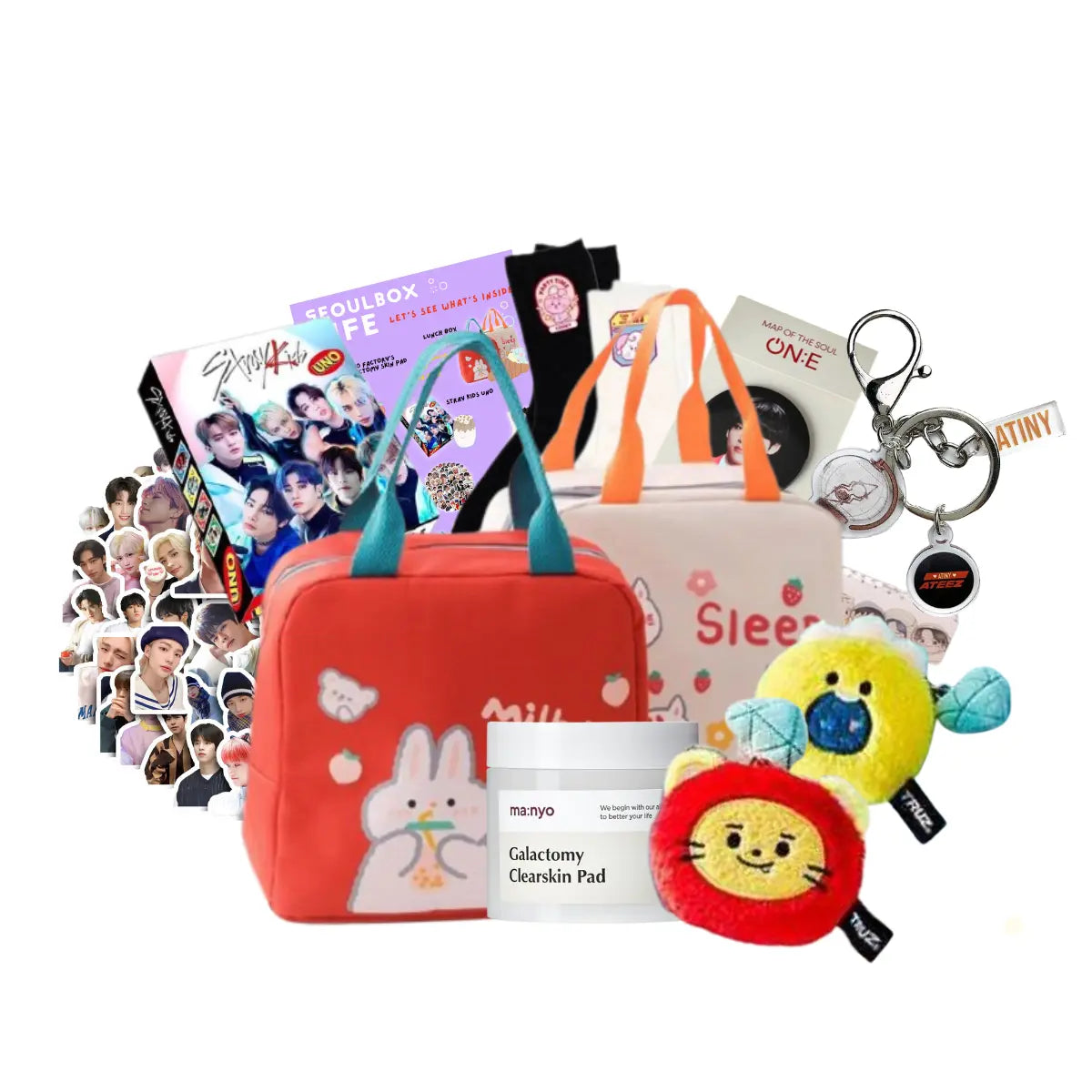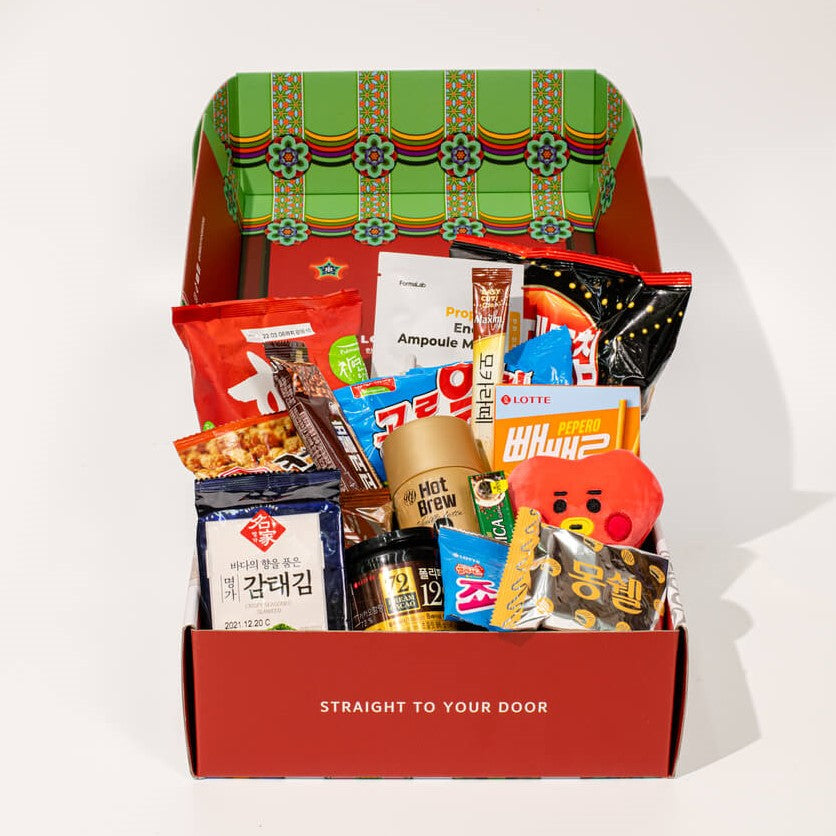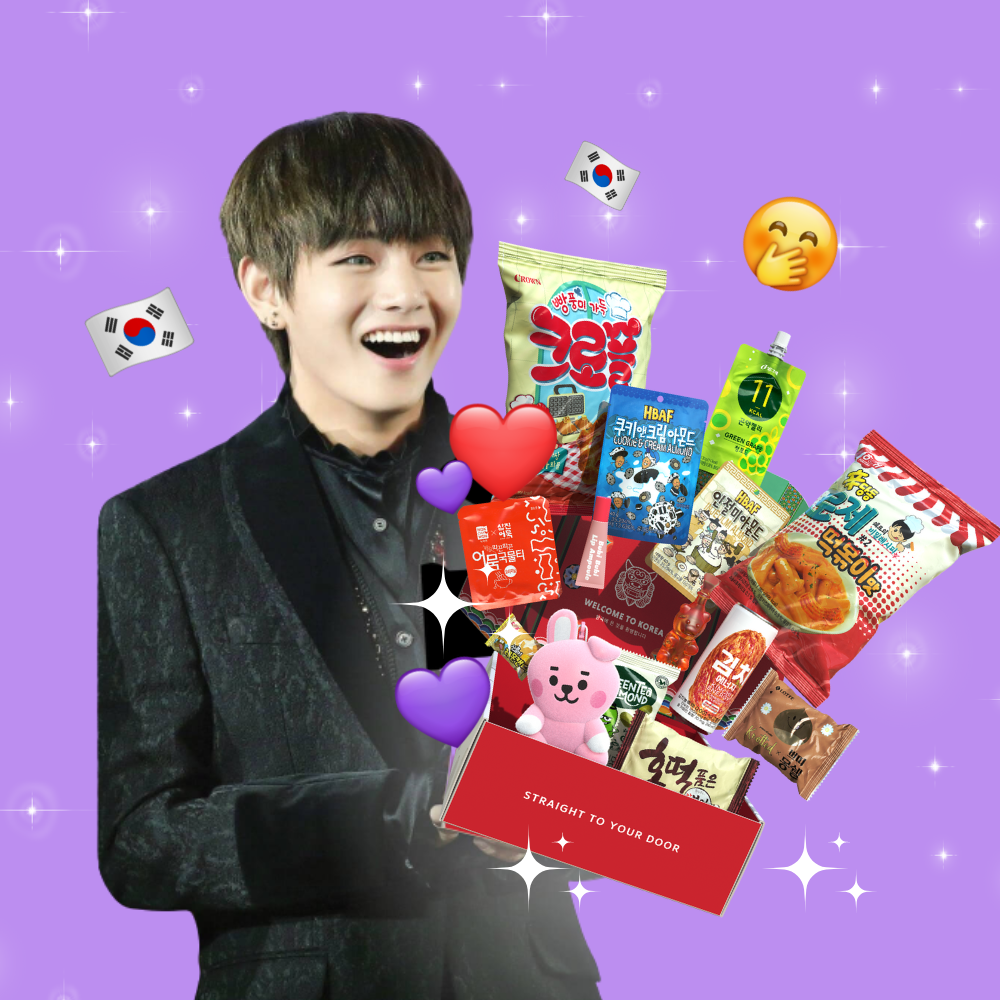OPPA & NOONA:
The two words are somewhat very familiar in Korean daily conversation. If you watch lots of K-dramas, then you certainly know about these words.
What does Oppa mean?
 (Image: Credits to the rightful owner)
(Image: Credits to the rightful owner)
Oppa (오빠) simply translates to “older brother” and is used by women to address men who are older than them. However, this word does not apply to older generations, only to men that are a little older than you.
Another example is the word Hyung (형), this is also used to address men who are older than you but is used by men instead of women.
What does Noona mean?
 (Image: Credits to the rightful owner)
(Image: Credits to the rightful owner)
Noona (누나) is used by men to address older women! It is often heard in dramas and even during K-pop fan signs if they have fans being older than the idols.
The alternative word is Unnie (언니), which is used by younger women to older ones.
What are the words used to address younger people?
 (Image: Credits to the rightful owner)
(Image: Credits to the rightful owner)
Since we learn that Oppa and Noona are used to address people who are older than you, what about addressing the younger ones?
Yeodongsaeng (여동생) is used for younger girls and can be used by both males and females. For boys, it is Namdongsaeng (남동생).
 (Image: Credits to the rightful owner)
(Image: Credits to the rightful owner)
However, the word Dongsaeng (동생) can be used as well. It directly means younger sibling but it is not stated specifically if the sibling is a girl or a boy.
When and How to Use the Words Oppa or Noona?
As for Oppa, most K-pop fans use it when addressing K-pop idols older than them. It is a very popular word used among fans as it also is used as a form of respect when addressing boys or men older than them.
You can use the word Oppa when you speak about the person when they aren’t around. For example, you will say “Jungkook Oppa” is performing which indicates that he is older than you.
In conversations with the person, you may also use the word in sentences like if you would want to ask “Did you eat, Jimin Oppa?” By using the term, it will sound much more respectful than just saying their name.
 (Image: Credits to the rightful owner)
(Image: Credits to the rightful owner)
For Noona however, it is somewhat similar to Oppa. K-pop fans use it to address older idols or even in K-dramas when they refer to an older female person. In this case, most K-pop idols use this term when they speak to fans older than them.
hoshi's reverse fs with op:
— ★ (@hoshzone) January 21, 2022
💎 hi~ seems like it's your first time coming to my fs?~
🐯ah right hi noona~ i'm a big fan
💎 nice to meet you~ your name is horangi?
🐯 yes my name is horangi
💎 what do you like abt me that made you become my fans?
(cont.)pic.twitter.com/KSNEX53Wjm
Just like Oppa, you can use the word Noona when speaking about the person who isn’t there or simply add it into your sentences just like how Hoshi did when he spoke to the fan in the video above!
To have a deeper understanding of the words here are some videos from dramas that will help you understand how the word is often spoken or used.
We hope this helps you understand the term Oppa and Noona!
Are there any other Korean terms or words you would like to know? Leave your comments below!






